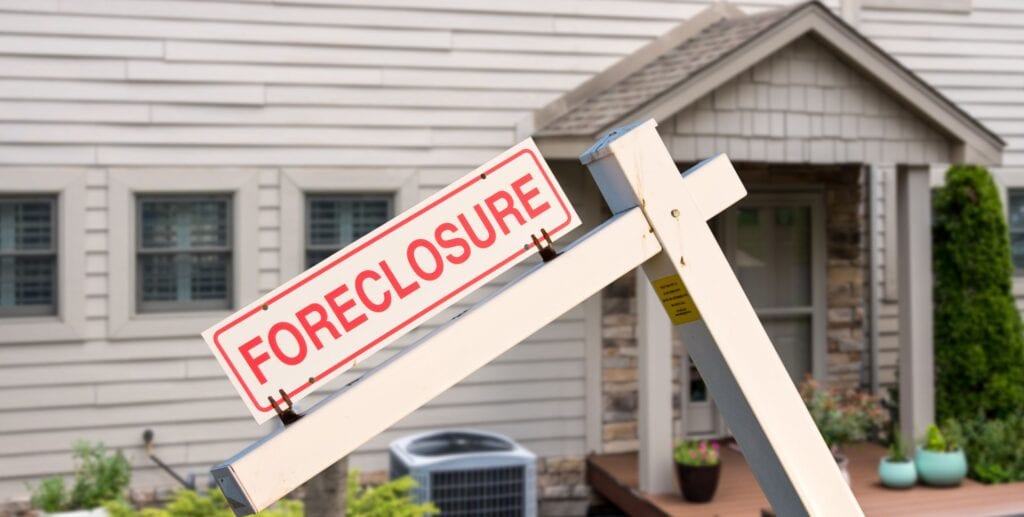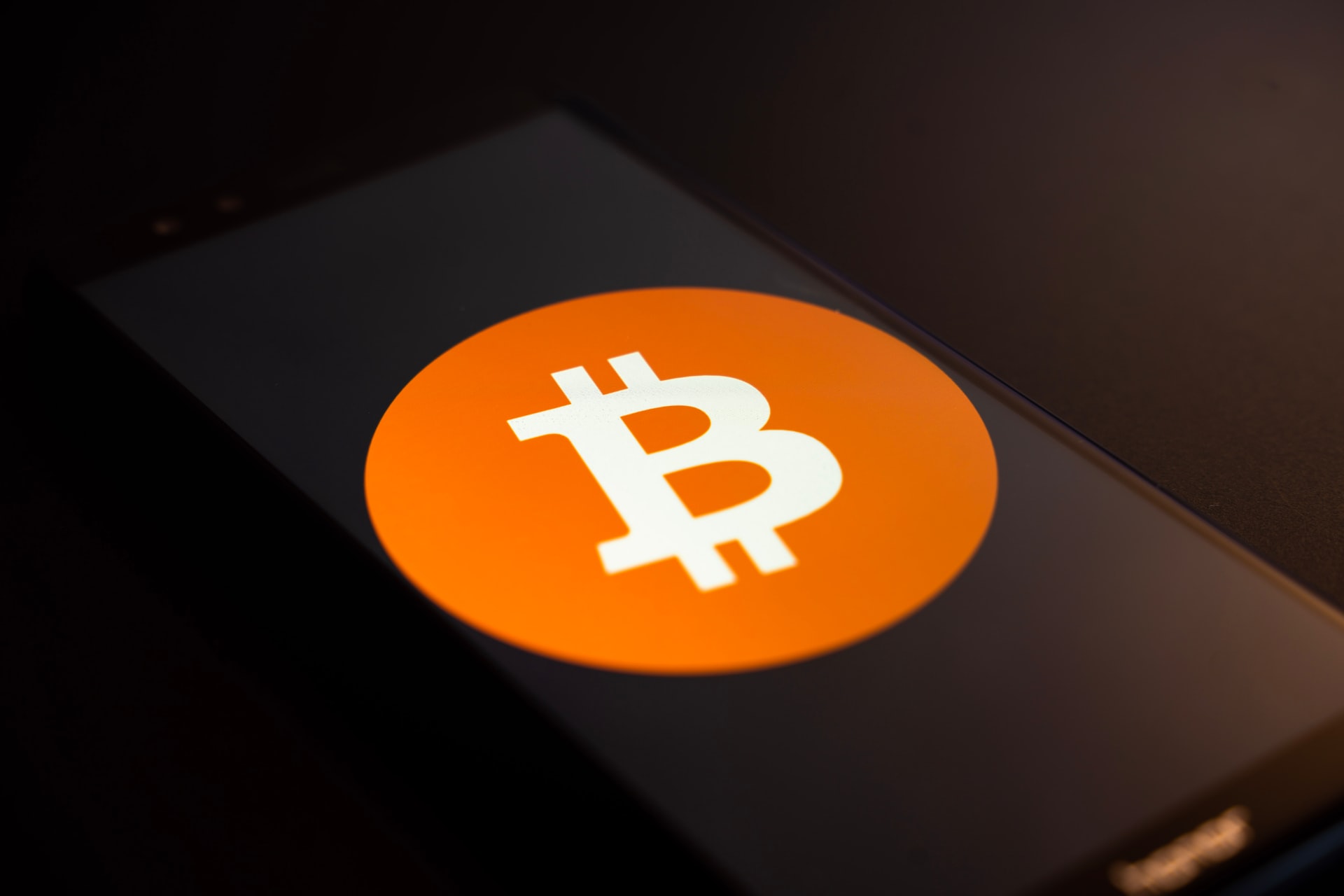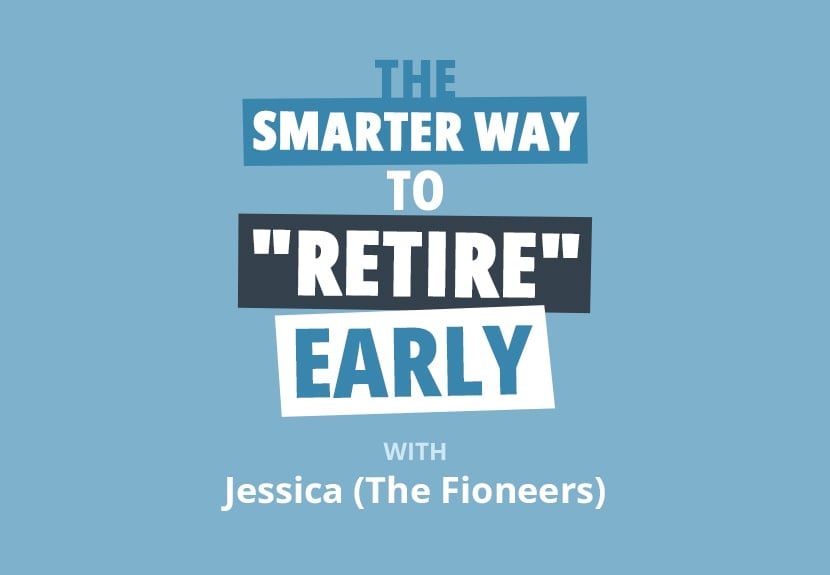Libel is in the news.
The high-profile case, of course, is the result in the defamation lawsuit in which Fox News settled with Dominion for $787.5 million.
But the chess world is not too far behind, with a slander case brought by Grandmaster Hans Niemann demanding $100 in damages from world champion Magnus Carlsen who had accused him of cheating.
What is going on here? Of what is the perpetrator of libel (a statement in writing) and slander (one spoken orally) being accused? It is that the author of defamatory material has ruined the reputation of the victim, and the latter has suffered grievous financial and other harm. This must be a false claim, not merely a matter of opinion, or a truth, since a sharply negative book or movie review can ruin reputations, but as long as there is nothing untrue in such writing or speaking, libel law would not apply.
Libel law is thus akin to protecting private property rights. If I car jack your automobile, I am a thief; I should be made to return your vehicle to you, plus visit the pokey for a period of time. If I falsely accuse you of something, I have robbed you of something quite possibly far more valuable to you than your four wheels. The analogy is not a perfect one, since neither Dominion nor Niemann was even asking for incarceration for Fox or Carlsen, only to be made “whole” again, at least financially.
What is the libertarian take on all of this? In the analysis emanating from this quarter, there should be no such thing as libel law. Yes, slander ruins the reputation of the victim, but, paradoxically, he simply does not own his own reputation. He works hard to improve it; he benefits from it; sometimes, the good will of a company is worth more in a sale than the attached capital equipment. But, still, his reputation consists, solely, of the thoughts of others in the community and he simply cannot own their thoughts.
I now engage in some libel: Joe Biden takes candy from babies. Donald Trump takes a bath with a rubber duckie. If anyone takes these silly lies of mine seriously, these two presidents of the US will have their reputations diminished. But did I in effect steal anything from either of them? Of course not. I only denigrated the reputations of both of them, which they do not own in the first place.
Another paradox: reputations might well be safer, not in greater danger, without these laws. Right now, people are likely to think: “where there’s smoke, there’s fire. There must be some truth to these false allegations.” With no libel laws on the books, the accusations would come so thick and fast, none of them would any longer have as much power to ruin reputations. Proof, evidence, would have to be offered before people believe them.
There is one more problem with present legislation: it makes an invidious distinction between those who are public figures, and those who are not. Plaintiffs in the former category have a harder row to hoe: they must prove actual malice on the part of the defendant.
Waitasec: When Senator Rand Paul, a public figure if ever there was one, was physically attacked by his neighbor, who is not a public figure, one set of laws applies, and if the assault and battery was in the other direction, a different one would apply? There is a word for that hypothetical: unjust. Ditto for libel law.
Walter E. Block is Harold E. Wirth Eminent Scholar Endowed Chair and Professor of Economics at Loyola University New Orleans and is co-author of the 2015 book Water Capitalism: The Case for Privatizing Oceans, Rivers, Lakes, and Aquifers. New York City, N.Y.: Lexington Books, Rowman and Littlefield (with Peter Lothian Nelson ).
















